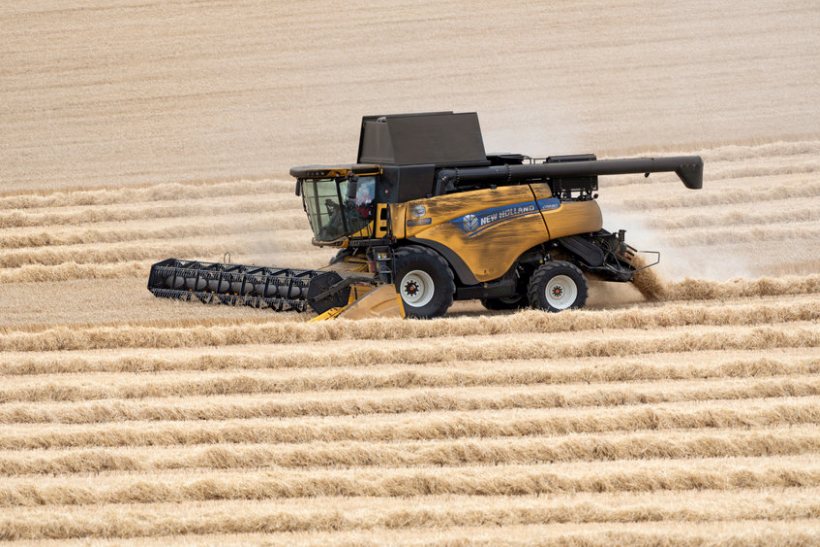
UK farm leaders are calling on the government to consider new measures to alleviate pressures on the industry in light of the war in Ukraine.
Unions and devolved farming ministers are continuing to highlight the 'enormous pressures' facing farmers in regards to supply chain issues.
Ukraine's importance to global agriculture means challenging economic times for producers, with the government being urged to address growing concerns around domestic food security.
Given the crucial roles that both Russia and Ukraine play in global agri-food markets, there are worries over the impact of the conflict on the UK's food supply.
Fertiliser and numerous other fundamental aspects of food production are under threat as a result of the war.
Compounding this, inflationary pressures and market volatility are continuing to build to levels not seen before.
The industry is also dealing with a crippling labour shortage as a result of the impacts of the pandemic and Brexit, notably in the pork sector.
Edwin Poots, Northern Ireland's farming minister, has written to Defra Secretary George Eustice calling for action to sooth the 'unprecedented' rises in input and fuel costs, as well as the lack of availability of fertiliser.
In the letter, he asked Mr Eustice to consider a range of measures, including ensuring inputs for agriculture production are prioritised as far as possible.
He also called for a reduction in excise duty, exploring a limited suspension of the road transport fuel obligation and urgent engagement with the supermarkets to ensure UK farmers are supported through this crisis.
The Minister said: “Sectors along the entire the food supply chain in Northern Ireland have contacted me highlighting serious concerns.
“I also stressed to Mr Eustice that the ability to grow food in Northern Ireland is being impeded by the inability to import soil based seeds from other regions of the UK."
Meanwhile, NFU Scotland is calling on the UK government, Scottish government, processors and retailers to take "urgent action to address risks to domestic food production".
Against the backdrop of Russia's invasion of Ukraine, the union says more stability is needed so that farmers can maintain their capacity to produce food.
Government should reduce the duty on red diesel to zero to address the "rapid increase" in fuel prices for critical agricultural operations.
Retailers must also make new commitments to buying Scottish and/or British produce "wherever possible to safeguard continuity of domestic food production," the union says.
Using industry sources, NFU Scotland is tracking the price of four key agricultural inputs – ammonium nitrate fertiliser, red diesel, feed wheat and feed barley.
Current quotes for ammonium nitrate fertiliser are in excess of £900 per tonne. In March 2021, the average price was £271 per tonne.
On red diesel, the current average price for this month's delivery is 137p per litre, but the price last year was 60p per litre.
Feed barley and feed wheat are a key component of livestock diets. The average feed barley price ex-farm for this month is £280 per tonne, and the equivalent price last year was £162 per tonne.
An NFU Scotland spokesperson said: "Inflationary pressures and market volatility have been building and have reached exceptional levels.
"Scotland’s farmers and crofters want to address the growing concerns around future food security at home.
"The union believes that maintaining stability so that businesses maintain their capacity to produce food must be a priority for governments and the supply chain."
